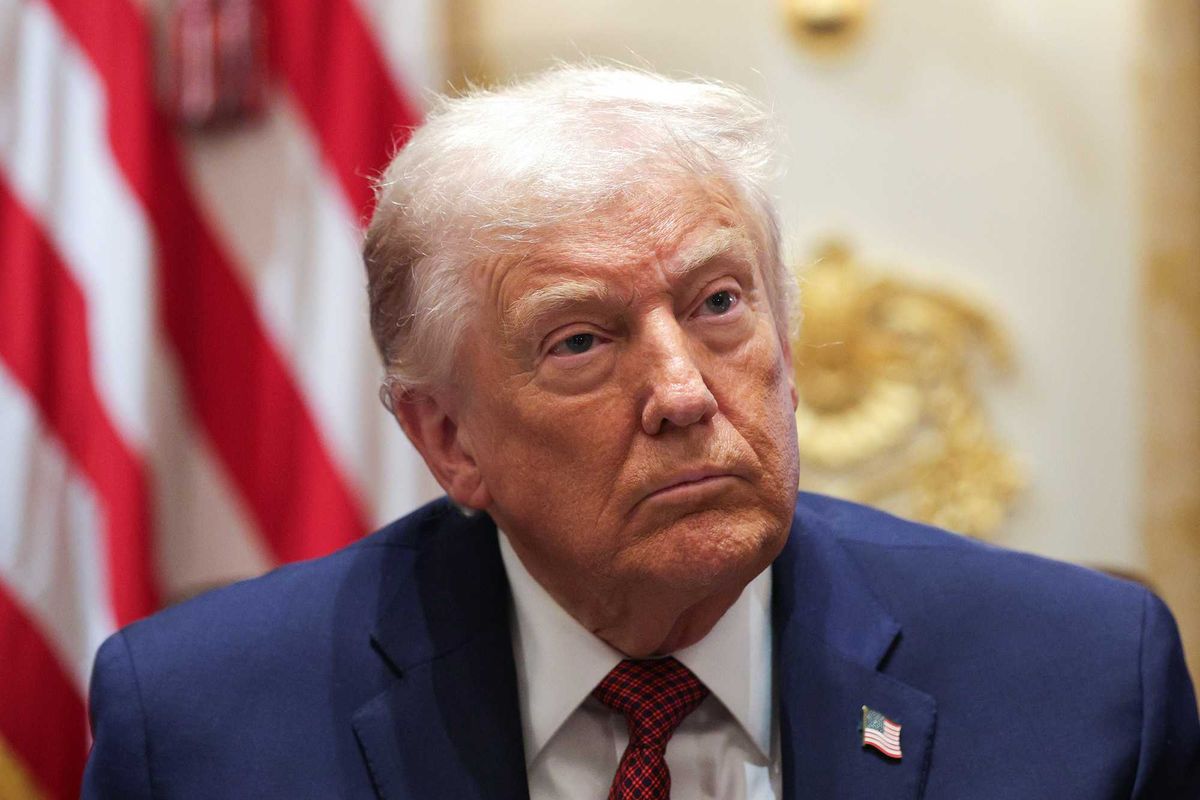News
Bethan McKernan
Jul 02, 2015
In a massive U-turn, the government has admitted that GCHQ, the electronic intelligence agency, has been illegally spying on human rights group Amnesty International.
The Investigatory Powers Tribunal (IPT) sent Amnesty an email on Wednesday confirming that the group had been under surveillance - amending the original ruling, which hadn't identified Amnesty as a GCHQ target.
The earlier IPT judgement on June 22, in a case bought by several human rights groups over possible state eavesdropping in the wake of the Edward Snowden revelations, said that the communications of two rights groups in the UK - the Egyptian Initiative for Personal Rights and the South African non-profit Legal Resources Centre - had been intercepted and stored.
The IPT email - sent more than a week later - clarified it had in fact been Amnesty, rather than the Egyptian human rights organisation, that had been targeted, but didn't mention when or why Amnesty was spied on, or what was done with the information obtained.
"It's like rifling through Mother Theresa’s laundry. It’s embarrassing for [the government] to admit it,” Harriet Garland, an Amnesty spokesperson, told i100.co.uk.
The group campaigns against surveillance, torture and many other civil rights infringements carried out by states.Disturbingly for Amnesty, the spying itself was legal under the Regulation of Investigatory Powers Act - GCHQ was only found to have acted unlawfully in storing the communications longer than permitted. That infringement is the only reason that the government was obliged to tell Amnesty it was being monitored.
The organisation is now calling for an independent inquiry into the extent of GCHQ spying on human rights groups.
"After 18 months of litigation and all the denials and subterfuge that entailed, we now have confirmation that we were in fact subjected to UK government mass surveillance," Amnesty secretary general Salil Shetty said in a statement.
He added:
How can we be expected to carry out our crucial work around the world if … confidential correspondence with us is likely to end up in the hands of governments?
Amnesty has filed a case over the lack of transparency around GCHQ monitoring with the European Court of Human Rights in Strasbourg, which is due to be heard in the autumn.
More: As the Tories plan to scrap the Human Rights Act, the one chart that will worry campaigners
More: The government is about to start spying on your Facebook and Twitter feeds a lot more
Top 100
The Conversation (0)













Donald Trump explodes at 'obnoxious' reporter